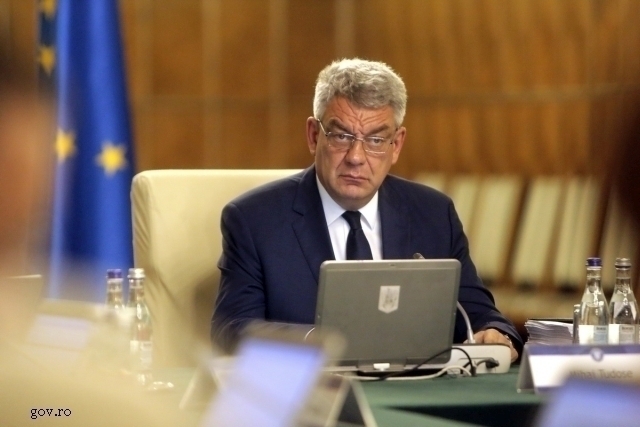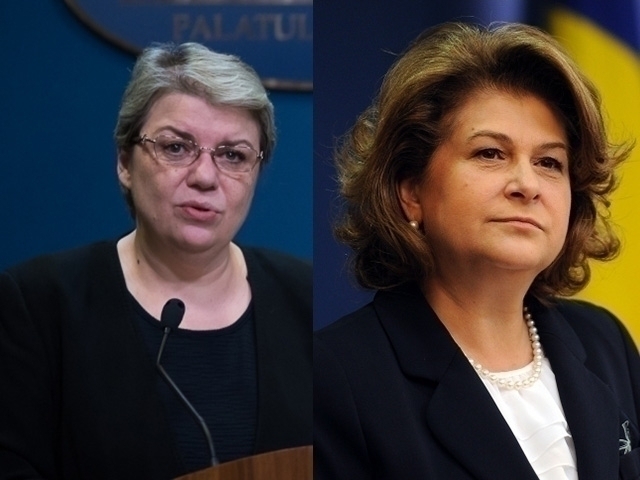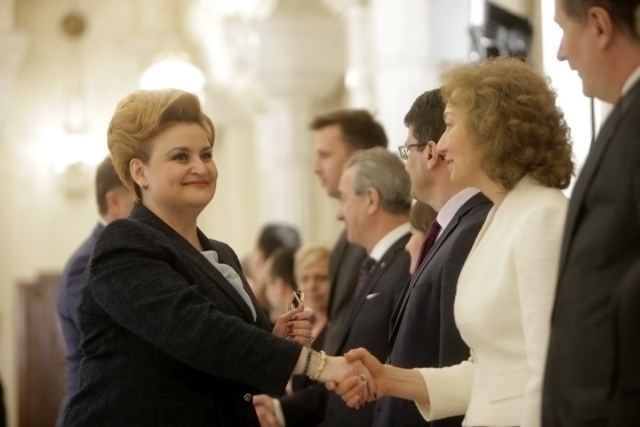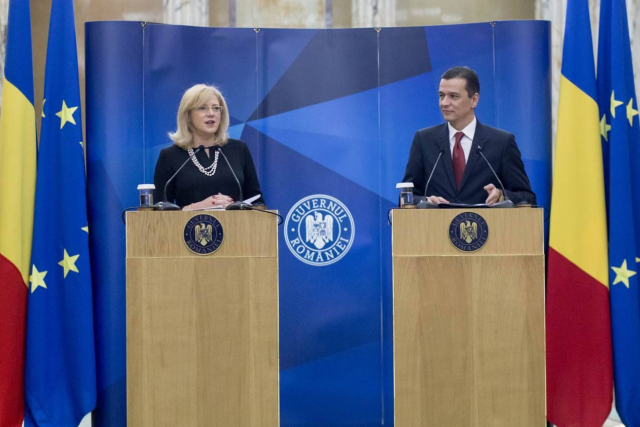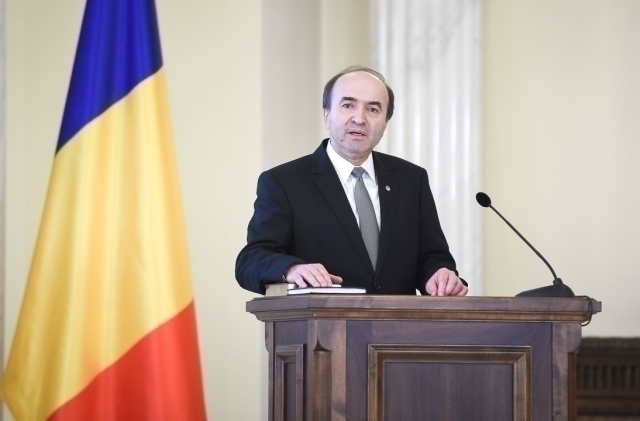Abia
învestit, la sfârşitul lui iunie, Guvernul PSD-ALDE de la Bucureşti a fost,
deja, supus unei prime remanieri la jumătatea lui septembrie. Fost ministru al
Economiei, Mihai Fifor prelua, atunci, portofoliul Apărării de la Adrian
Ţuţuianu, iar deputatul Gheorghe Şimon venea în locul lui Fifor la Economie.
Marţi, premierul Mihai Tudose a anunţat că va opera o nouă remaniere, dar a
precizat că numele miniştrilor care pleacă vor fi dezvăluite doar joi, după
şedinţa conducerii social-democrate. Tudose a precizat că tot la Comitetul
Executiv al fomaţiunii vor fi stabilite şi raporturile dintre guvern şi partid.
Mihai Tudose: Plecând de la premisa că guvernul este un
guvern politic, dar la nivelul de implicare al anumitor structuri din partid pe
activitatea guvernamentală lucrurile trebuie clarificate, am stabilit împreună
zona de remaniere, remaniabili – nu o să vă facem acum fericiţi cu numele şi cu
propunerile şi cu portofoliile, ci după CEx.
Şeful guvernului a
discutat, deja, pe tema remanierii cu omul forte al coaliţiei, liderul PSD,
Liviu Dragnea. Discuţia a avut loc după ce Tudose însuşi recunoscuse că relaţia
lui cu Dragnea nu e tocmai fericită. Controlul strict al şefilor PSD asupra
Executivului, flancarea premierului cu miniştri loiali mai degraba lui Dragnea,
ca şi ecartul, adesea dramatic, dintre promisiunile exuberante cu care partidul
a câştigat alegerile, pe de o parte, şi rigorile actului guvernamental, pe de
alta, ar fi, susţine presa, motivele răcelii dintre cei doi. Totuşi, preşedintele
PSD a declarat că măsurile prezentate de premier sunt necesare şi solid
argumentate.
Liviu Dragnea: Am avut o întâlnire din punctul meu de
vedere bună şi necesară, o discuţie destul de lămuritoare. Primul ministru mi-a
prezentat câteva măsuri care trebuie luate pentru a nu fi probleme în ceea ce
înseamnă implementarea programului de guvernare. Vom discuta aceste lucruri în
CEx şi eu cred că argumentele prezentate la această întâlnire informală, dacă
vor fi prezentate şi în CEx, din punctul meu de vedere nu vor fi probleme.
Premierul s-a întâlnit, tot pentru a discuta despre remaniere, şi cu
preşedintele Klaus Iohannis, care şi-a reiterat convingerea că persoanele care
au probleme în justiţie ar trebui să demisioneze sau să fie demise din guvern. Din
această perspectivă, presa se declară convinsă că vor fi remaniaţi vicepremierul Sevil Shhaideh, calificată de
comentatori drept favorita lui Dragnea, ministrul delegat pentru Fonduri
Europene, Rovana Plumb, şi cel pentru relaţia cu Parlamentul, Viorel Ilie, toţi
trei urmăriţi penal în dosare de corupţie. Acestora li s-ar putea alătura şi
câţiva miniştri cu probleme de imagine.
Cel mai important partid al opoziţiei
de dreapta, PNL, a anunţat, deja, că dacă premierul
Tudose nu-i exclude pe toţi miniştrii cu probleme penale, va cauta sprijin pentru o eventuală moţiune de cenzură la
adresa guvernului.
